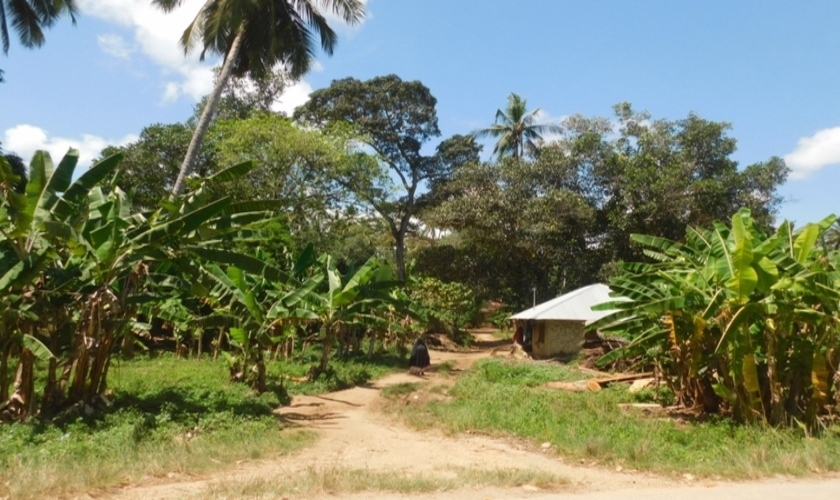Bungi is a village located in the central part of Zanzibar, Tanzania, which is a semi-autonomous region of the United Republic of Tanzania. Zanzibar is known for its rich history, culture, and diverse heritage, influenced by various African, Arab, and European civilizations over the centuries.
The history of Bungi Village, like many other places in Zanzibar, is shaped by the island's strategic location in the Indian Ocean and its role in the spice trade, slavery, and Swahili culture. However, specific historical details about Bungi Village itself are less documented compared to more prominent locations in Zanzibar like Stone Town. Zanzibar, including villages like Bungi, was once a part of the Sultanate of Oman and later became a British protectorate before gaining independence in the 1960s. The economy of the region was historically driven by the cultivation of spices, such as cloves, nutmeg, and cinnamon, along with the production of coconut and the involvement in the slave trade.
In Bungi, like in many rural parts of Zanzibar, the primary activities are agriculture and fishing, with people traditionally engaged in farming, especially growing spices and crops like cassava and bananas. The village is known for its peaceful atmosphere and rural lifestyle, and it plays a part in the broader agricultural economy of Zanzibar. Today, Zanzibar is a popular tourist destination due to its historical sites, such as the UNESCO World Heritage site of Stone Town, and its beautiful beaches. While Bungi might not be a major tourist hub, its history is intertwined with the rich cultural and agricultural heritage that defines much of Zanzibar's identity.
If you’re interested in a more detailed historical background, local oral traditions and accounts from villagers in Zanzibar we advise you to book tours like Spice tour , Bungi village tour , Nungwi village tour and Jambiani village tours and we are happy to organize it for you and hopefully you will enjoy our organized trips.








0 comments for this post